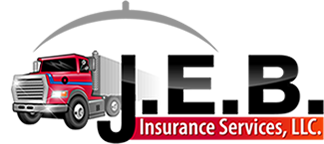ELDs and their associated legislation were designed to make truckers and general drivers safer. But that might not be the case for the first few months of adjustment. Here are two areas of coverage you should consider adding or adding to on your insurance policy.
What coverage should you consider increasing during the first few months of ELDs?
- Make sure your cargo coverage is up-to-date and applies to perishables. The ELD mandate includes the wait-time for unloading as being on duty, and that means waiting extra hours without moving and without being able to recoup that lost time. If you’re loading or unloading partial cargo and you have perishable goods for a later shipment, then this delay can mean they start to get overripe while in your care. Make sure you have cargo insurance so your provider can respond to any claims of spoiled produce or delays; while the distributors and retailers will need to work out their schedule based on the new systems, don’t let your company’s money get tied up in the disputes.
- Increase your trucks physical damage coverage. Winters are already a dangerous part of the year for truck drivers. But the ELD enforcement means truck drivers are incentivized to cover more ground in fewer hours and that means more reckless driving. Many drivers will also switch to nocturnal drives for less traffic and less crowded truck stops during the late mornings and early afternoons. Consider increasing your coverage if you think your truck might be at risk during the turbulent adjustment period.
Many companies had already incorporated ELDs into their infrastructure before the mandated date, but there’s still a lot of transformation happening in the industry. Go to J.E.B. Insurance Services, LLC for tips on how to keep your business and your truck protected. We provide commercial truck insurance in the states of Florida, Georgia, Texas, North Carolina, South Carolina, Tennessee, Illinois, Iowa & Nebraska.


